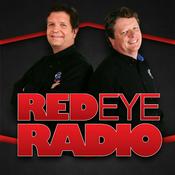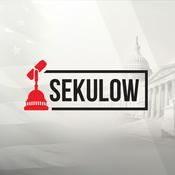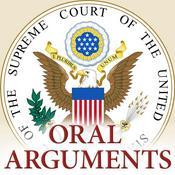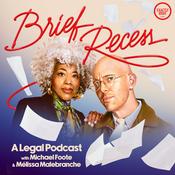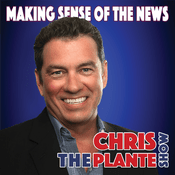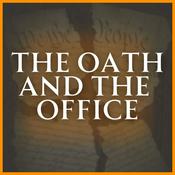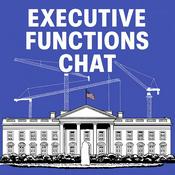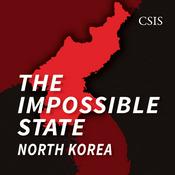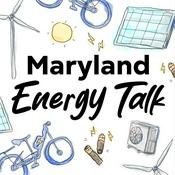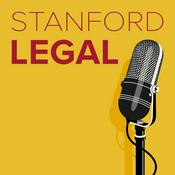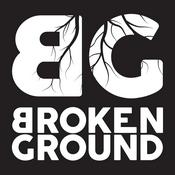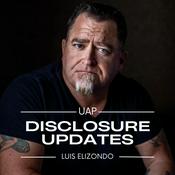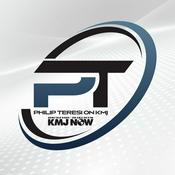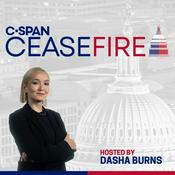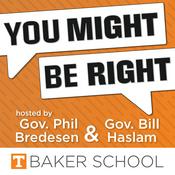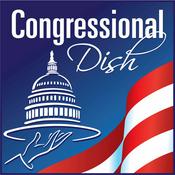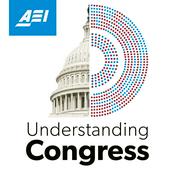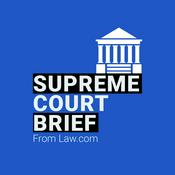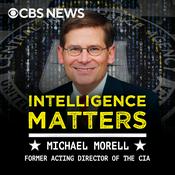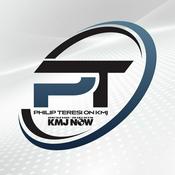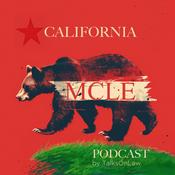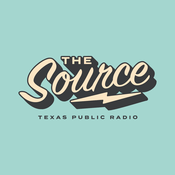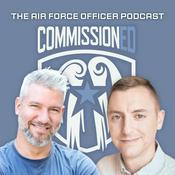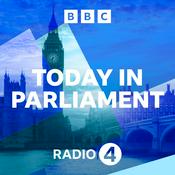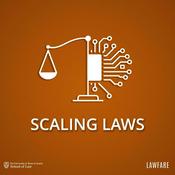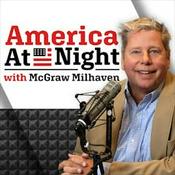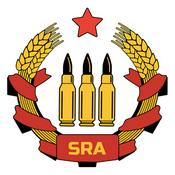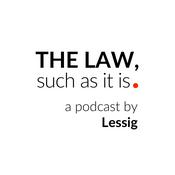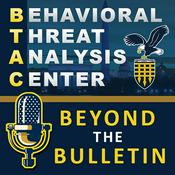11 episodes

26: Foreign Policy Limits within a Unipolar World - Bill Clinton
11/19/2020 | 1h 8 mins.
The purpose of our twenty-sixth class is to examine the foreign policy challenges that faced the Bill Clinton administration and assess how these might best be characterized and appraise how they were handled. We will focus on two case studies, typical of post-Cold War issues and problems: the turmoil in Somalia and the conflict in the Balkans among Bosnia, Serbia, and Croatia. What was the importance of Bill Clinton as an American foreign policymaker? What, in particular, is he remembered for? Did he have foreign policy triumphs? Flaws?

25: A New World Order?: George H. W. Bush
11/19/2020 | 1h 12 mins.
The purpose of our twenty-fifth class is to examine the transition from the Cold War to the post-Cold War eras and then examine some key aspects of early post-Cold War American foreign policy. What was meant by the phrase ‘a new world order”? What role did U.S. officials play in the demise of the Soviet Union, and how did circumstances after the end of the Cold War re-orient U.S. foreign policy? What was the importance of George H. W. Bush as an American foreign policymaker? What, in particular, is he remembered for? Did he have foreign policy triumphs? Flaws?

24: Democracy Ascendant?: Ronald Reagan
11/19/2020 | 1h 18 mins.
The purpose of our twenty-fourth class is to analyze the new approaches that the Reagan Administration took to the making of U.S. foreign policy. Students should use the lecture and reading materials to come to their own views as to the Reagan Doctrine, the ensuing efforts to promote democracy in places like Nicaragua and Haiti as well as the U.S. intervention in Grenada. We will explore as well the differences in the thrust of foreign policy in Reagan’s first and second terms, while considering arms control efforts with the Soviet Union and the Iran-Contra scandal. What was the importance of Ronald Reagan as an American foreign policymaker? What, in particular, is he remembered for? Did he have foreign policy triumphs? Flaws?

23: Camp David, Human Rights, Hostages: Jimmy Carter
11/19/2020 | 1h 14 mins.
The purpose of our twenty-third class is to examine the challenges that confronted U.S. policymakers after withdrawal from Vietnam. We will start by analyzing Henry Kissinger’s step-by-step, or shuttle, diplomacy in the Middle East. Then, we will ask how did the Carter Administration’s foreign policy sail a very different tack from those of its predecessors? What was the Camp David peace process? How did President Jimmy Carter incorporate human rights concerns directly into U.S. foreign policy, and with what consequences? How did the U.S. become further embroiled in Middle Eastern politics with the hostage crisis in Iran? What was the importance of Henry Kissinger and Jimmy Carter as American foreign policymakers? What, in particular, are they remembered for? Did they have foreign policy triumphs?

22: Triangular Diplomacy
11/19/2020 | 1h 16 mins.
After a look at the Johnson administration’s intervention in the Dominican Republic and the post-Watergate changes in the presidency, the central purpose of our twenty-second class, lecture and readings, is to explore three mileposts of the Nixon/ Kissinger years as the top U.S. foreign policymakers: (i) the concept of triangular diplomacy (U.S., China, and Soviet Union); (ii) the relaxation of tension between the superpowers known as détente; and (iii) the October War in the Middle East. Students should use the materials to appraise détente and the Nixon Administration’s opening to the People’s Republic of China? Then, the class should focus on how the U.S. handled this phase of Middle Eastern conflict, in particular the October War. What was the importance of Richard Nixon and Henry Kissinger as foreign policymakers? What are they remembered for? Did they have foreign policy triumphs? Flaws?
More Government podcasts
Trending Government podcasts
About Law, Diplomacy, & Power
Listen to Law, Diplomacy, & Power, Red Eye Radio and many other podcasts from around the world with the radio.net app
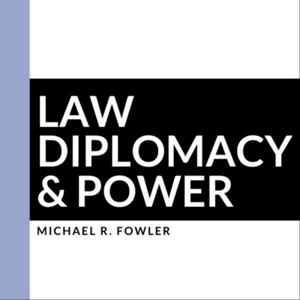
Get the free radio.net app
- Stations and podcasts to bookmark
- Stream via Wi-Fi or Bluetooth
- Supports Carplay & Android Auto
- Many other app features
Get the free radio.net app
- Stations and podcasts to bookmark
- Stream via Wi-Fi or Bluetooth
- Supports Carplay & Android Auto
- Many other app features


Law, Diplomacy, & Power
download the app,
start listening.
